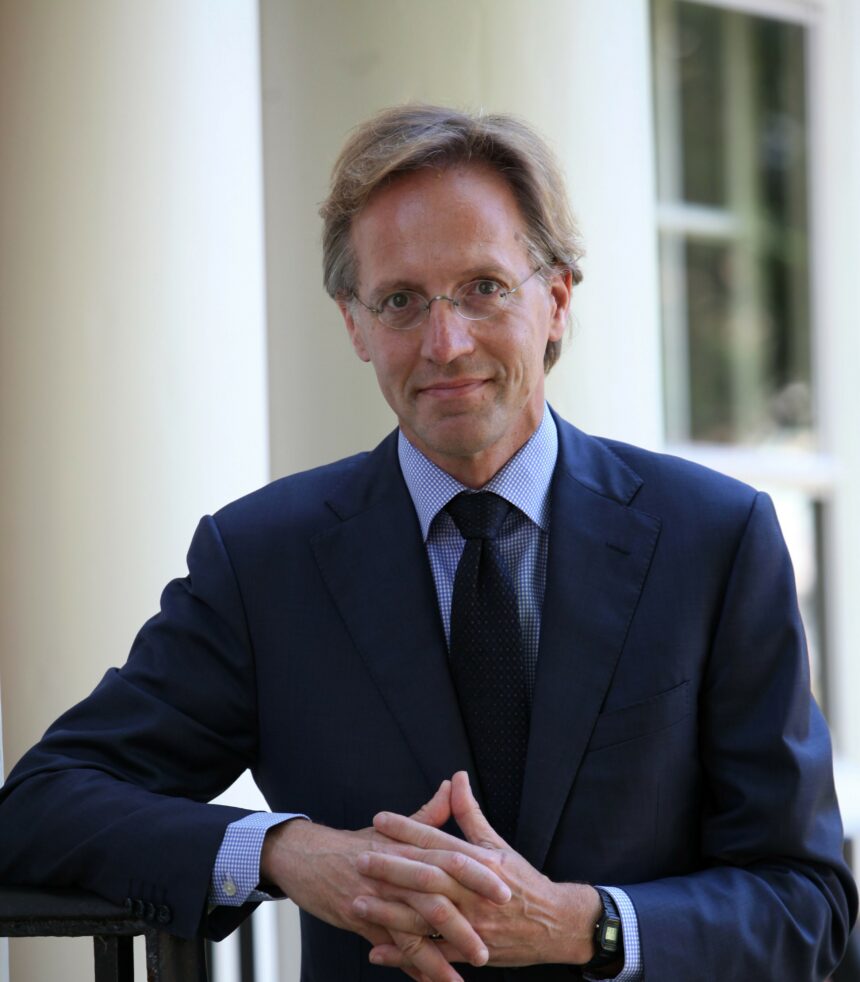Hooray, we have a new minister of education! Robbert Dijkgraaf has entered the world of politics. But who is he and what are his plans for students?
Dijkgraaf is new to the field of politics. He obtained a bachelor- cum laude might we add- in physics and maths, went to an art academy for a year, turned again to numbers and received a masters in physics and then pursued a PhD which he -again- finished cum laude. Thus he seems like a bright scholar, but how did an interest in physics eventually lead him into politics 33 years later?
While his interest lies in numbers, Dijkgraaf remained involved within the university. In 1992 he became a teacher at our university. Since then he has been active within academic circles and eventually became the director of an institute linked to Princeton.
This brings us to the present: Dijkgraaf as Education Secretary in the Dutch government. While he is new to politics, he has been a columnist for the Dutch newspaper NRC, where he spoke about science and art among other things. At NRC but also in other activities, Dijkgraaf aims to popularise science. For example, he took the initiative to create and finance a website with common little experiments for children. In the past, he has thus tried to be active within society and science.
What this means for his work as a minister is still unknown, but he was one of 36 scientists in October 2020 that called the government to enlarge their body of advisors; and his criticism on the shift in money from social sciences and medicine to more technical courses- a decision made by Ingrid van Engelshoven, the former Education Secretary- might show that Dijkgraaf truly wants to change things.
The photograph of Robbert Dijkgraaf is retrieved from his website and is made by Andrea Kane

